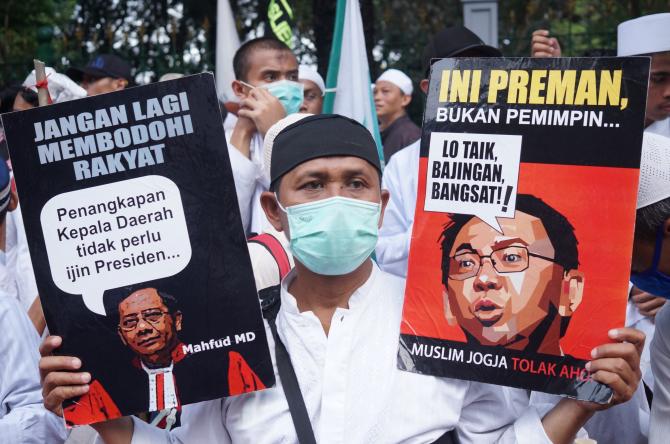JOURNAL | INDONESIA 360 By: Rainer Heufers
Indonesia’s democracy was born out of a popular rebellion against the ruling elite of President Soeharto’s New Order regime, which had lost its credibility as a protector of the people and their interests. Unfortunately, however, Indonesia’s young democracy does not appear to be doing a much better job than the previous regime. It is struggling with indecisiveness, incompetence and unprecedented exposure of corruption.
The public is largely disenchanted with political parties and joins a lament that Thomas Carothers, an expert at the Carnegie Endowment for International Peace, found in many new democracies. Indonesians complain that parties are corrupt, self-interested and do not stand for anything. They waste time squabbling over petty issues; they only become active before elections and are ill-prepared for governing if voted into power.
In contrast to public frustration with political parties and their performance in the House of Representatives, the Indonesian military remains a trusted institution. Not only in national defense, but also in several areas of socioeconomic development it is seen as better organized and more effective than the civilian leadership. In a 2013 poll by the National Survey Institute, 60 percent of respondents preferred a candidate with a military background versus a civilian leader. Given the military’s experience in ruling modern Indonesia for several decades, some observers often call for a combination of a military man and a civilian leader running for the offices of president and vice president. Indeed, a retired Army general, Susilo Bambang Yudhoyono, and his running mate, Jusuf Kalla, won the first direct presidential election, in 2004.
The following 10 years under President Yudhoyono have been labeled a decade of stability. Critics, however, argue that Indonesian democracy did not consolidate, and that Yudhoyono merely stabilized its fragility. They also hold his indecisive leadership responsible for the almost successful candidacy of an outright authoritarian populist, former Gen. Prabowo Subianto, in the 2014 presidential election.
The rise of populism
